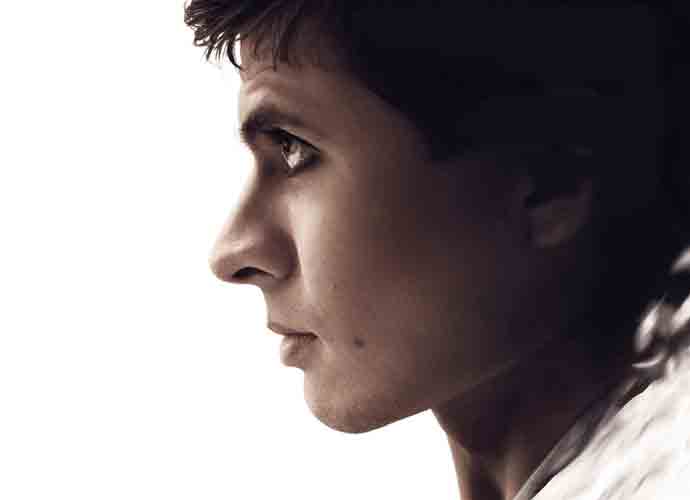‘The White Crow’ DVD Review: Intimate Tales Of Ballet Great Rudolf Nureyev

2.5/5
Some of the movies I’ve reviewed in my time at uInterview are big budget Hollywood blockbusters. Other films are more intimate, modest works with a niche appeal. Firmly falling into that second category is The White Crow, a biopic delineating the early career of the Russian ballet dancer Rudolf Nureyev. Ralph Fiennes served as the director while David Hare penned the screenplay. Oleg Ivenko, a professional dancer himself, portrayed the role of the legendary ballet performer with a level of grace worthy of his subject. Unfortunately, the film as a whole isn’t quite up to Ivenko’s standard.
THE WHITE CROW DVD REVIEW
White Crow deploys a non-linear form of storytelling. Set during the Cold War, most of the film showcases Nureyev as an enthusiastic, occasionally rude young adult who’s studying aboard. The opening scene and final ten or so minutes are set concurrently, ending by showing Nureyev’s defection to Paris.
Flashbacks to his childhood are spliced throughout the affair, which are well-done on an artistic level, presenting themselves in a more constricting aspect ratio than the rest of the picture. They’re also overlaid in a muted, blue color grade, giving Nureyev’s past an oppressive, cold, desolate mood. But the lackluster manner in how they’re interjected into the picture reduce their effectiveness; ideally, there would be some form of juxtaposition between the flashbacks and how they informed the present-day Nureyev. Fiennes rarely goes that far, interjecting most of them almost randomly into the movie.
And that feeling of disconnect plagues The White Crow throughout. All of the elements it wants to show — Nureyev’s dancing, social life, political unrest, backstory and future — feel too compartmentalized from each other. Moreover, there simply wasn’t enough time spent on most of them to flesh them out satisfactorily. One of the bigger gaps, oddly enough, is Nureyev’s dancing, a craft we see him study but we don’t see him perform enough. The DVD’s seven-minute making-of feature even emphasized how significant Nureyev’s craft was to the casting process, a sentiment Fiennes echoed in an interview with us.
It’s the final 20 minutes, however, that act as Crow’s strongest segment; here, Nureyev seeks political asylum from his oppressive home country, tying into the political climate of the era. It was without question the tensest moment in the film, and the acting, White Crow’s strongest asset, was at its peak, but it’s unfortunately over too soon. Nevertheless, Crow is an interesting experience regardless of its underdeveloped facets, one that’s worth watching for those curious to learn about one of the greatest dancers of Cold War-era.
WATCH RALPH FIENNES uINTERVIEW:
In addition to the making-of video, the DVD also contains a 27-minute Q&A with Fiennes, Hare and Ivenko, giving further insight into the creation of The White Crow.
RELATED ARTICLES
Get the most-revealing celebrity conversations with the uInterview podcast!








Leave a comment